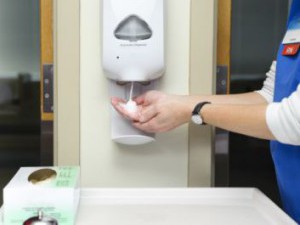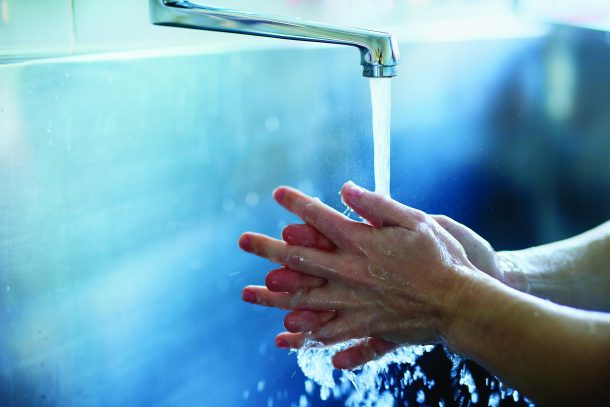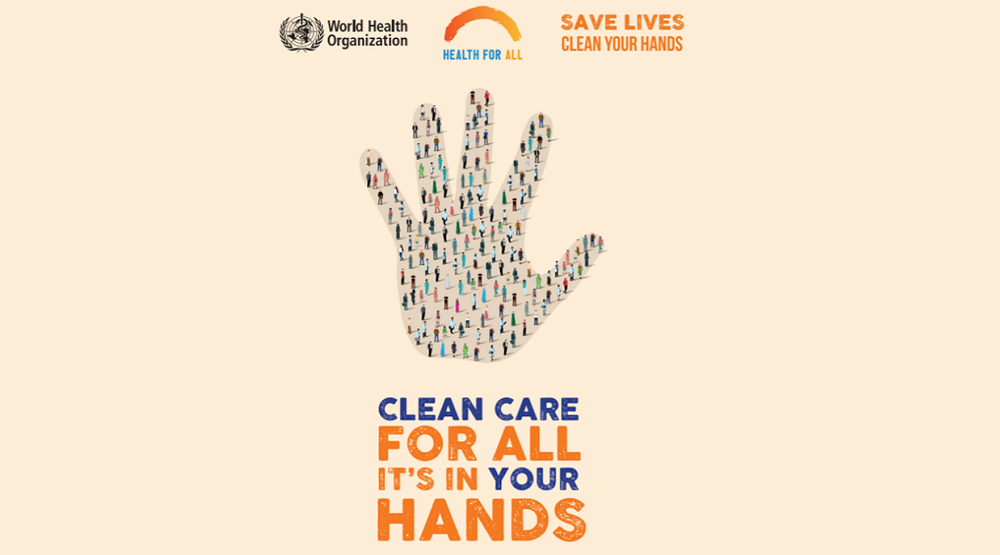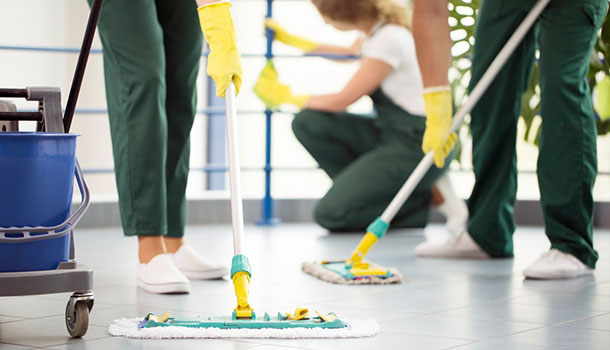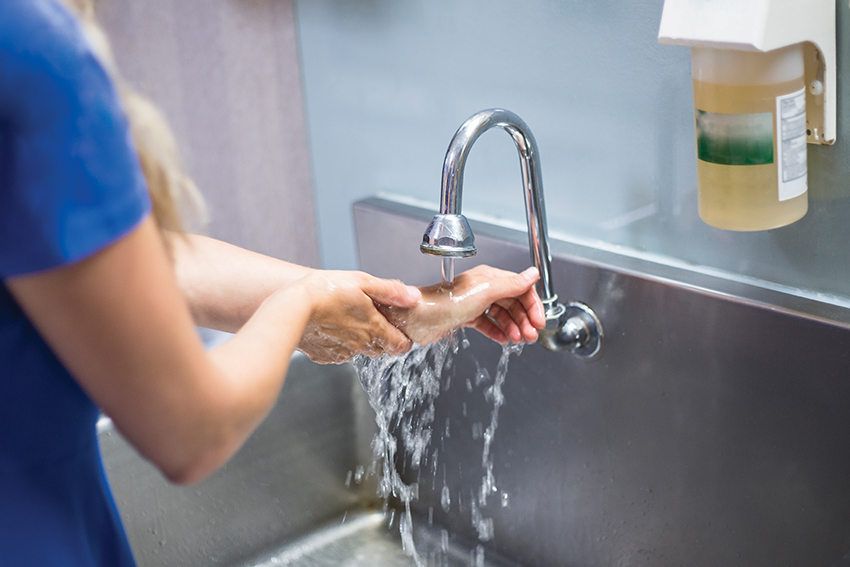
A recent study published by the American Journal of Infection Control has found only 20 per cent of healthcare workers can recall the World Health Organization’s hand washing guidelines.
The study examined compliance of WHO’s ‘My 5 Moments for Hand Hygiene’ approach. The assessment was conducted at a healthcare facility between July and August 2016, using a modified WHO hand hygiene observation form.
Researchers also conducted a 26-question survey to assess health care personnel knowledge, opinions, and barriers to hand hygiene. A subgroup participated in a two-round focused survey to assign priority to WHO’s ‘My 5 Moments for Hand Hygiene’, which defines the key moments when healthcare workers should perform hand hygiene.
This evidence-based, field-tested, user-centred approach is designed to be easy to learn, logical and applicable in a wide range of settings. This approach recommends health-care workers to clean their hands:
- Before touching a patient,
- Before clean/aseptic procedures,
- After body fluid exposure/risk,
- After touching a patient, and
- After touching patient surroundings
The study found hand hygiene was performed at 106 of 302 opportunities (35 per cent). Of the 218 healthcare workers who completed the survey 63 (29 per cent) were familiar with WHO’s ‘5 Moments’ but only 13 (21 per cent) were able to recall all five moments.
In the focused surveys, 46 per cent (six of 13) ranked “before aseptic procedure” as the most important hand hygiene moment, and 86 per cent (11 of 13) identified “after touching patient surroundings” as the least important.
The act of hand hygiene has been shown to reduce healthcare associated infections. Around 500,000 people contract a healthcare associated infection every day according to estimates from WHO (more than 182 million people every year).
In the Australian health system, hospital-wide standards of hand hygiene are enforced by the Australian National Hand Hygiene Initiative, a program introduced in 2010 by Hand Hygiene Australia.
The mandatory program requires Australian hospitals to perform audits to ensure staff are complying with hand hygiene guidelines. The current standard is direct human observation for 20 minutes daily on wards.
Dr Greg Whiteley, chairman of Whiteley Corporation and adjunct fellow at the School of Medicine at Western Sydney University said failure in hand hygiene compliance increases the risk of patient infection and death.
“It is an international problem, and a national disgrace,” said Dr Whiteley, adding the research supports that of Professor Mary Louise McLaws and UNSW medical researchers who found hand hygiene rates in hospital staff dropped sharply when humans undertaking compliance monitoring were replaced by machines in a 2018 study.
A government-led mandatory hand hygiene program has operated in Australian hospitals for the past eight years, with human auditors ensuring staff follow hand hygiene guidelines, which require a minimum of 70 per cent compliance.
However, according to McLaws’ research compliance rates fell from more than 90 per cent to 30 per cent when the human auditors were relieved by automated surveillance, creating infection risks for patients.
“Ongoing education and reinforcement is critical, but so too are behavioural modifiers (repeatedly),” said Dr Whiteley.
“We all need to give each other permission to suggest to colleagues to ‘take a moment’ when non-compliance is seen. And when the worst offenders are the clinical senior staff, then it is very intimidating for any more junior staff to intervene with a pertinent suggestion to ‘take a moment’.
“This is an ongoing challenge for all healthcare systems. The other important issue is availability of hand hygiene products. This is the opportunity for our supplier sector to step into the breach.”
Hospital-wide compliance rates are published on the MyHospitals Australia website for public viewing.
Comment below to have your say on this story.
If you have a news story or tip-off, get in touch at info@3.106.117.80.
Sign up to INCLEAN’s newsletter.

